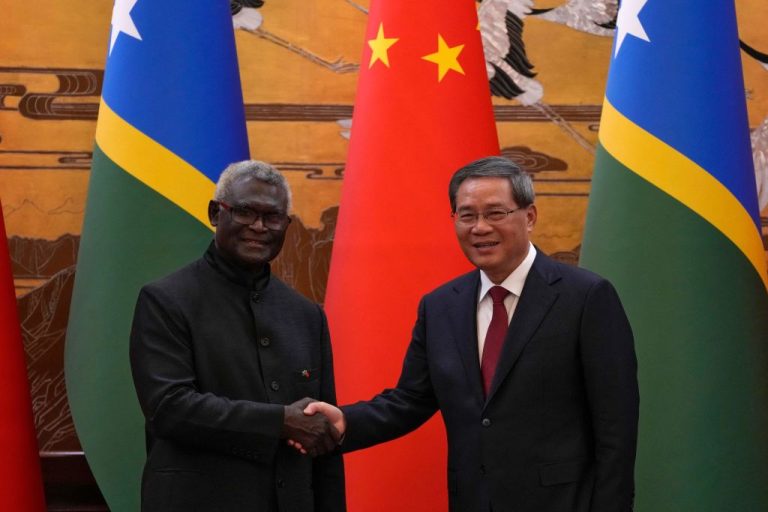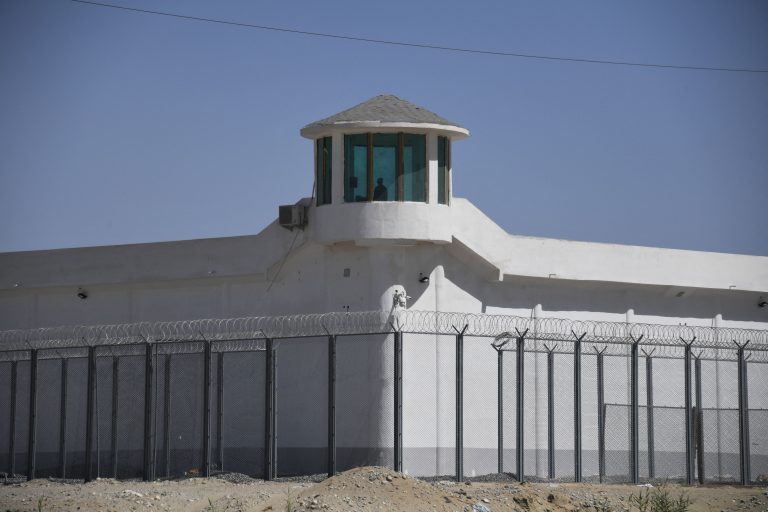The Chinese tourist industry has plummeted even after the reopening of the country from “zero-COVID” lockdowns, with the first quarter of 2023 seeing just a tiny fraction of visitors to the People’s Republic as compared with pre-pandemic figures.
The Wall Street Journal reported that half a year after China lifted the restrictions on daily life beginning this year, the number of international tourists visiting China has been alarmingly low, signaling a growing divide between China and the West.
In the first quarter of this year, travel agencies in China received only 52,000 inbound tourists, a staggering 99 percent decrease compared to the 3.7 million visitors in the first quarter of 2019, prior to the onset of the novel coronavirus pandemic later that year.
The president of a travel agency in Pennsylvania told the Journal that he assists around 1,500 tourists in traveling to China every year. However, since the implementation of the COVID measures and lockdowns in China, the company has yet to receive any applications for travel to China.
Of the handful of tourists to mainland China, almost half were from within the Chinese cultural sphere — Hong Kong, Macau, and Taiwan, and not from countries further abroad, such as the U.S. or the EU nations.
Other sectors withering
Success
You are now signed up for our newsletter
Success
Check your email to complete sign up
Another group reluctant to go to China is foreign employees on company assignments. Dan Harris, a partner at a law firm specializing in consulting services for investments in China, stated that recent investigations by China into Western due diligence companies and other firms have made companies very concerned about sending their employees to China. People are only willing to travel to China if it’s absolutely necessary, he said.
With the decline in the number of visitors, be it tourists or business people, foreign direct investment in China also nose-dived to $20 billion in the first quarter of 2023, an 80 percent decrease from the first quarter of the previous year, Mark Witzke from research firm Rhodium Group told the Wall Street Journal.
Political tensions
Meanwhile, the relationship with the West has deteriorated as a whole.
In the wake of the exodus of qualified workers and businessmen in China, last month, the Chinese Communist Party (CCP) enacted a so-called counterespionage law to increase public support for anti-spying efforts that made it even less attractive for foreigners to travel to China, let alone invest their savings in.
The law has raised concerns among foreign businesses about their regular commercial activities being viewed as spying and potentially penalized.
According to an announcement from China’s spy agency, the Ministry of State Security (MSS), issued on Aug. 1, the program will create channels for Chinese citizens to report “suspicious activity” and potentially receive rewards for doing so.
READ MORE:
- China‘s State Security Calls Upon Ordinary Citizens to Become Counterespionage Informants
- YouTube Blogger Uncovers Fake EV Boom in China
- China Launches Campaign Targeting Online Rumors, Misinformation
- China’s Real Estate Giant Evergrande Loses Over $112bn in Two Years, Has Hundreds of Billions More in
However, it does not specify which kinds of information would be labeled harmful to national security and interests, so they could be anything, leading to the U.S. government issuing a travel advisory warning Americans in June to reconsider traveling to China.
The travel advice had to be tweaked due to concerns about arbitrary law enforcement actions, such as exit bans and unwarranted detentions, as they could be liable for punishment just for executing regular business activities.
The CCP regime, however, justified its actions by stating that it is under continuous threat from foreign secret operatives, most notably the United States, which was dubbed by a Chinese foreign ministry official the “empire of hacking.”













